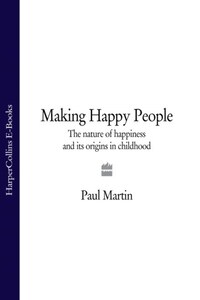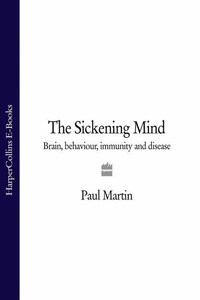This is the story of something we all want for ourselves and for our children, but which few of us are sure how to get. It is about the conditions that give rise to happy children who will grow up to become happy adults. Along the way, we will consider how happiness develops during the lifetime of each individual, and hence how parents and schools can help to make happy people.
Happiness is a notoriously elusive aspect of human existence, whose nature and origins have been debated throughout history. But one point on which almost everyone agrees is that happiness is a uniquely desirable commodity. In every culture where researchers have posed the question, the majority of people say they regard happiness as their ultimate goal in life. Most people rate happiness above money (even if privately many of them behave as though money really were their primary goal). According to research, many Americans believe that happy people are morally superior to unhappy people and more likely to go to heaven. America even enshrines the inalienable right to ‘life, liberty and the pursuit of happiness’ in its constitution.
The idea that happiness is the ultimate goal in life is reinforced by a simple argument which was set out more than two thousand years ago by the Greek philosopher Aristotle. He pointed out that no one ever seeks happiness as a means to something else. With the sole exception of happiness, everything we humans desire can be regarded as a means to some higher end – and that higher end is usually happiness. People chase after money, power, material possessions, beauty or fame because they believe – often mistakenly – that these will bring them happiness. But no one ever seeks happiness in the belief that it will bring them some even higher benefit. Therefore, Aristotle concluded, happiness must be the ultimate goal.>1
But what exactly is happiness, and how do you achieve it – if not for yourself, then at least for your children? Why are some people consistently much happier than others? Is it genetically encoded, or can you buy it? Why is happiness virtually ignored by the education system, economists and governments, as though it were irrelevant or faintly embarrassing? We all say we want children to be happy, but why is so little actually done to pursue this aim? How can parents and teachers help children to maximise their chances of being happy people, both in childhood and throughout adult life?
These are big questions that do not invite simple answers. The novelist Michael Frayn wrote that happiness is the sun at the centre of our conceptual planetary system, and is just as hard to look at directly. Fortunately, we now have science to help us. Within the fairly recent past, scientists have begun to gaze at happiness and they are formulating tentative answers to questions about its nature and causes. As we shall see, a fair amount can now be said about happiness that is based on verifiable evidence rather than folklore or opinion. Even so, plenty of popular myths persist, and we should knock these on the head before going any further.
One of the silliest myths is that actively pursuing happiness is the best way to lose it. According to fortune-cookie philosophy, happiness is like a cat: it will never come if you summon it, whereas if you ignore it you will soon find it jumping into your lap. So, if only we would stop thinking about it, happiness would spontaneously blossom within us. This notion seems to be widely believed, in that many people behave in their daily lives as though happiness cannot be actively cultivated. But it is wrong. There are plenty of things we can all do to make ourselves and our children happier – and the starting point is knowledge. Someone who has a basic understanding of the nature and causes of happiness is much better equipped to become happier and to help others become happier. Knowledge is power.











